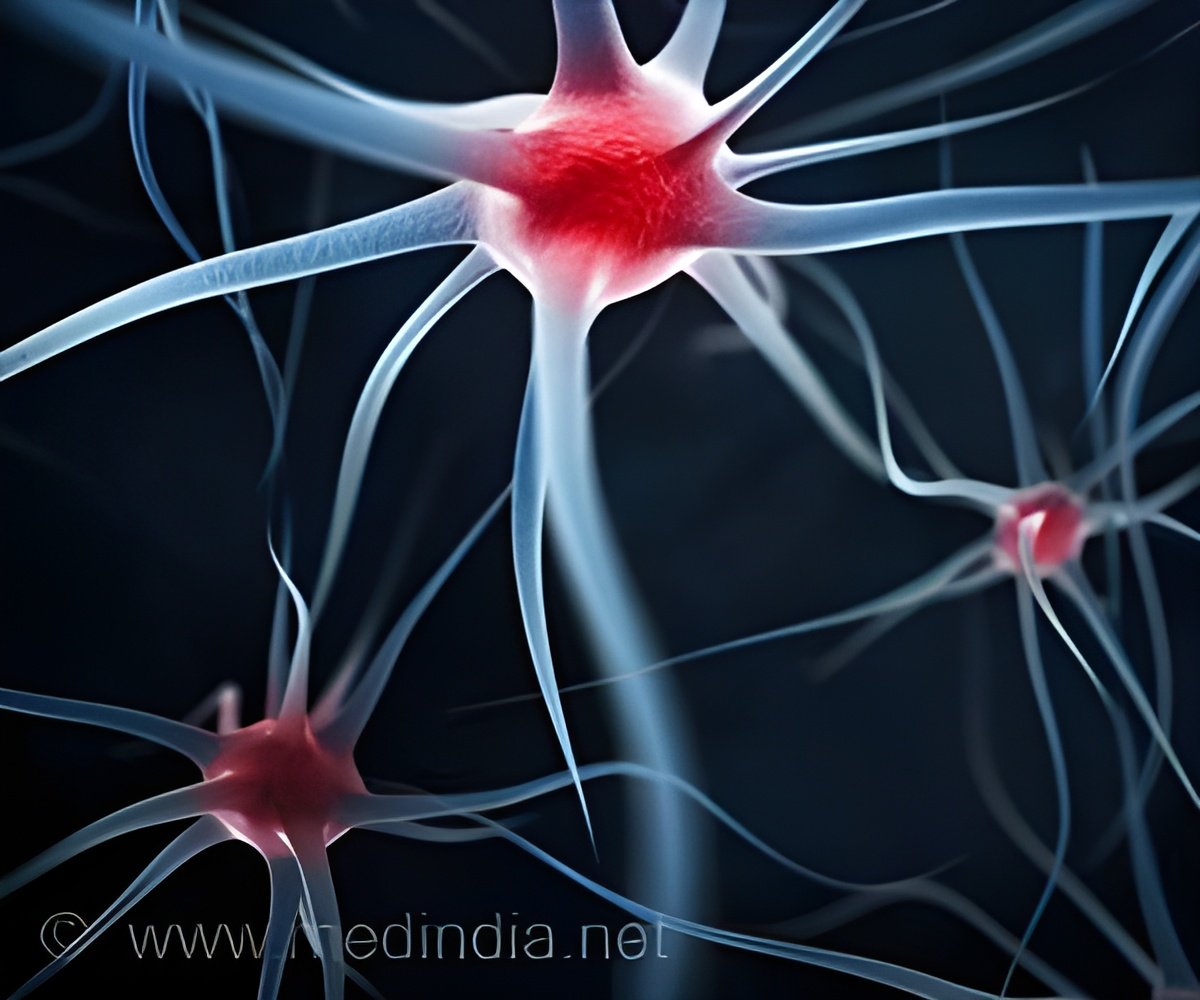Cytokine storm is considered as the reason behind acute respiratory distress in COVID-19 patients. Stem cell therapy improves patient survival by modulating the immune system toward an anti-inflammatory state, finds a new study.

‘Patients who received stem cell-based intravenous infusions showed a 2.5 times higher survival rate than those who did not receive it.’





Mesenchymal Stromal Cells are multipotent stem cells that can be derived from many sources, including the umbilical cord. The team sought to investigate the efficacy of UC-MSC administration as adjuvant therapy in critically ill patients with COVID-19. A total of 40 patients from four COVID-19 referral hospitals in Jakarta, Indonesia who had been under the support of ventilators due to COVID-19 pneumonia were enrolled in the study. The patients were separated into two groups where one group was given intravenous infusions with UC-MSC while the other group was given infusions without them.
Key findings of the study are,
• The survival rate of patients who received infusions with UC-MSC was 2.5 times higher than those who didn’t receive it.
• Comorbid patients who received infusions with UC-MSC showed 4.5 times higher survival rate than the comorbid patients who didn’t receive it.
Advertisement
"Although our study focused on a small number of patients, we think this experimental treatment could potentially lead to an effective adjuvant therapy for COVID-19 patients in intensive care who do not respond to conventional supportive treatment," Diligo added. The outcomes of the cutting-edge study were published in STEM CELLS Translational Medicine .
Advertisement















